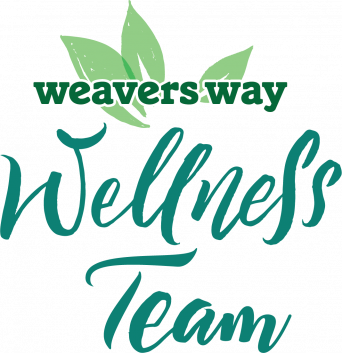
Weavers Way Wellness Team: A Regular Nap is a Healthy and Restorative “Brain Break”
You may think napping is just sleeping. But there’s so much more to this rest period.
According to Arianna Huffington, in her book “The Sleep Revolution,” research shows that napping boosts your learning power and lowers your blood pressure. She also reports that older adults who take a 30-minute nap and engage in moderate exercise can improve the quality of their nighttime sleep.
If you’re not sold on the beauty of napping, consider it a “brain break” — a time to mentally reset and prepare for your afternoon work. Or consider it a time for creative problem solving.
Try taking a current problem to your nap spot; settle in, let your mind relax, and focus on your body and breath. Then drop in the issue — like dropping a pebble into a pond, pose the problem to your relaxed mind. Let your mind free-associate and notice what it’s like to swim in the world of the issue without grasping for answers. Let go of any expectations for a solution. Let your relaxed, creative, right brain play around with the issue. At a certain point, you’ll either find an interesting clue, drift off to sleep or both.
Napping helps you shift into the parasympathetic nervous system — the calm, relaxed zone. If you can spend more time in PNS (i.e. stay calm and relaxed), you’ll have an easier time with your evening sleep.
Basically, we’re talking about retraining your nervous system. Many of us live with a ramped-up nervous system that’s always on go, go, go! This is chronic, low-grade activation of the stress response (fight or flight) of the sympathetic nervous system. It’s hard to downshift from SNS when it’s a habitual way of being. Taking time to focus on your body, breath and quieting your mind, as one does while napping, is a great start in this retraining.
And if you haven’t heard by now, sleep has many, many health benefits. For one thing, it’s your biggest immune booster, because the body restores itself when you sleep. In addition, sleep can help regulate blood pressure and cholesterol levels, process stress hormones and reduce inflammation.
Sufficient sleep supports mental clarity, improves memory, helps you process emotional stress and wards off Alzheimer’s disease. Clearly, it’s worth spending time to retrain your nervous system in order to get some good quality rest.
For many people, the cultural stigma around napping (“You’re lazy and weak if you nap”) keeps them from doing it. But if you’re more interested in your health than what people think of you, take the nap!
Summertime is peak napping season. So find a comfortable spot, settle in and tune into the sensations in your body and the movement of your breath. Thoughts will come and go, like clouds in the sky. Let your mind be the sky, watching everything arise and pass away. Sweet dreams!

